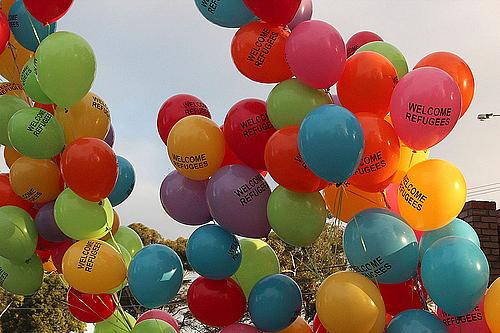For Refugees, Mental Health Problems Come With Their Own Complications

Every year, thousands of refugees are resettled in Pennsylvania. Increasingly, more and more of them are placed in Southwestern Pennsylvania. In the past three years, Pittsburgh, a city with a low immigration rate, has received more than 1,100 refugees, more than in the six years prior combined.
I’ve heard from workers at hospitals and health clinics that the experiences many refugees have lived through —physical and mental torture, war, forceful removal from their homelands combined with the stress of starting over in a new place can take a toll on their health.
The refugees are presenting with various mental health problems, among them PTSD and depression, but they don’t have the language or the cross-cultural literacy to express or accept these diseases as such. Oftentimes, the health clinics are short-staffed on mental health professionals, or they don’t have translators in the dozens of languages necessary — or if they do, services they may need are not covered under medical assistance.
Health workers say the screenings for mental health problems are practically non-existent, despite the fact that the World Health Organization estimates that an average of 50 percent of refugees present mental health problems.
As a 2013 National Health Journalism Fellow, I will be working on a series of in-depth radio and print stories about this growing community. My stories will look at mental health issues such as depression and post-traumatic stress disorder as well as dental, pregnancy and childbirth issues and what is and isn’t being done to address those issues at the federal, state and local level.
Image by Takver via Flickr

